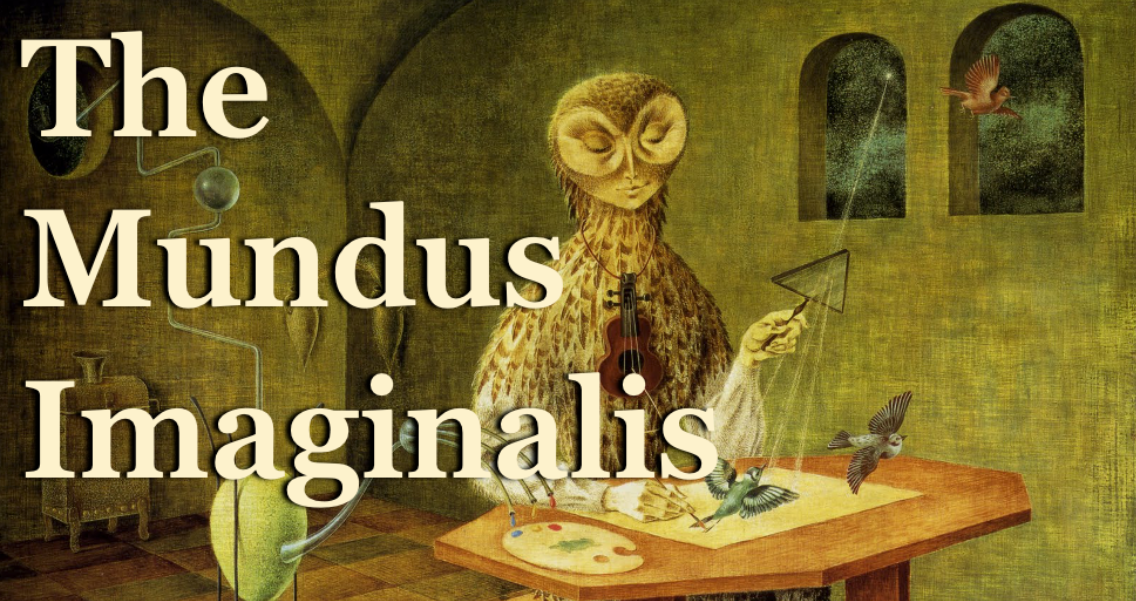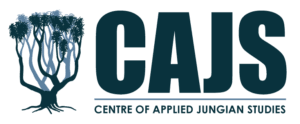HOW DOES THE COURSE WORK?
The Mundus Imaginalis is an online programme, runs over 10 weeks. The course includes both elements of working through the material on your own, as well as interacting with others on the course on a private and confidential Facebook Forum. There will be one webinar at the beginning of the course which will be recorded and made available to view. All learning material is delivered via email to download onto your PC or tablet and consists of a podcast and PDF reading material. At the beginning of each week you will receive the weeks material, as both a podcast and transcript, focusing on one of the five respective elements we will be covering on the course. Group work and guidance with the applications are facilitated on a private and confidential Facebook Forum. The Facebook Forum is optional, but please note that you will miss out on the shared experience of the community and facilitation.
WHAT IS THE MUNDUS IMAGINALIS?
Mundus Imaginalis or the Imaginal was a term coined by Henry Corbin, a friend and colleague of Jung. This concept captured for Jung the fundamental key to working with symbols, allowing the psyche to move beyond the limiting constraints and one-sided attitude of the ego. Jung believed that the psyche contained all that is required for wholeness, but the ego is trapped in a rational reductive perspective which cuts us off from the healing power of the imagination. Imagination connects us to our desires, brings together the past, present and future and provides us with the means to build a cohesive story of our lives, to discern the meaning of our lives. Imagination is therefore the agency that enables us to create our world and to keep creating new and endless possibilities. Imagination connects us with movement and change, compels us towards the new.
In the words of Jung:
“The great joy of play, fantasy and the imagination is that for a time we are utterly spontaneous, free to imagine anything. In such a pure state of pure being, no thought is ‘unthinkable.’ ( Jung on Active Imagination p.5)
Throughout his work, Jung came to recognise that the imaginal world, the world of our imagination, fantasies and dreams was an authentic reality, in other words just as real as the world in which we live and that this imaginal world contained a “witches cauldron” of inner knowledge and wisdom.
“Every good idea and all creative work are the offspring of the imagination, and have their source in … fantasy. Not the artist alone, but every creative individual whatsoever owes all that is greatest in his life to fantasy. The dynamic principle of fantasy is play, a characteristic also of the child, and as such it appears inconsistent with the principle of serious work. But without this playing with fantasy no creative work has every yet come to birth. The debt we owe to the play of imagination is incalculable.” (CW 6, par 93)
Here Jung is telling us that whether we are children or adults and whether we are conscious of it or not, imaginative activity goes on within us all the time and that this imaginative activity is part of our inborn psyche, expressed in many ways, through – play, dreams, fantasy, creativity and active imagination.
This course offers a phenomenological and experiential approach, which is a profound and effective way to not only grasp but integrate Jungian theory.
WHAT DOES THE COURSE EXPLORE?
The focus of this course is to teach the approach and method of Active Imagination in order to form a bridge between the inner and outer world, a threshold between our everyday awareness and our fantasy life, between our conscious ego ad the unconscious.
This course will take you through the journey of experiencing and integrating the symbols from your Active Imagination in order to connect with your inner guide. This process will provide you will insight, energy, passion and most importantly, meaning on your journey towards individuation.


